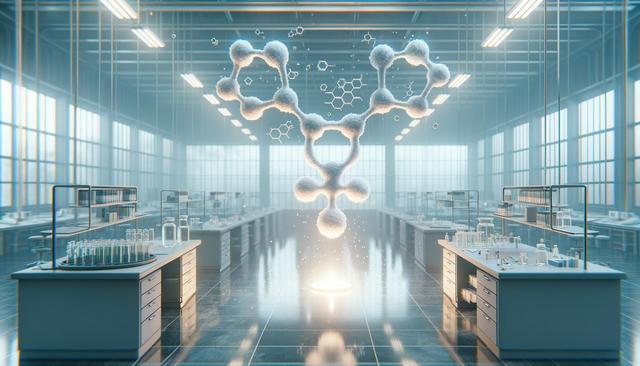Understanding Estrogen and Its Role in the Body
Estrogen is a key hormone in the female reproductive system, playing a critical role in regulating menstrual cycles, maintaining bone density, and supporting cardiovascular and cognitive health. It also contributes to the development of secondary sexual characteristics and affects mood, skin condition, and overall energy levels. When estrogen levels begin to decline, whether due to age, medical conditions, or other factors, various symptoms can emerge, often before a woman even realizes what’s happening. Recognizing estrogen deficiency early allows for timely intervention and better long-term health management.
In many cases, estrogen deficiency starts subtly. Women may attribute changes in their body to stress, lack of sleep, or aging. However, understanding the hormone’s role helps clarify why these shifts occur. Estrogen influences not only reproductive organs but also brain chemistry and metabolic processes. As such, a deficiency can manifest in multiple systems, making it important to approach the topic with a holistic perspective.
Recognizing the Early Physical Symptoms
One of the first signs of estrogen deficiency is irregular or missed menstrual periods. While this may seem obvious during the perimenopausal phase, it can also occur in younger women due to conditions like premature ovarian insufficiency. Other early physical symptoms include:
- Hot flashes or night sweats
- Vaginal dryness or discomfort during intercourse
- Increased frequency of urinary tract infections
- Changes in breast tissue, such as decreased fullness
These symptoms may not appear all at once and can vary in intensity. For some women, the signs are mild and manageable, while for others, they significantly impact daily life. Paying attention to subtle changes in the body and seeking medical advice early can help identify whether hormonal imbalances are the root cause.
Mood and Cognitive Changes
Estrogen has a direct effect on the brain, particularly in areas related to mood regulation and memory. A decline in estrogen levels can therefore contribute to emotional and cognitive symptoms such as:
- Increased irritability or mood swings
- Feelings of anxiety or depression
- Difficulty concentrating or brain fog
- Sleep disturbances
These symptoms are often overlooked or misattributed to external stressors. However, when they coincide with other physical signs, they may point toward an underlying hormonal cause. Women experiencing these changes should consider discussing hormone testing with their healthcare provider to better understand the source of their symptoms.
Impact on Skin, Hair, and Weight
Estrogen plays a role in maintaining skin elasticity and moisture, as well as promoting healthy hair growth. When levels drop, noticeable changes can occur, including:
- Dry or thinning skin
- Hair loss or brittle hair
- Increased abdominal fat
- Slower metabolism
These changes can affect self-esteem and overall well-being. While they are often considered part of aging, they may also signal an estrogen deficiency. Addressing these symptoms through lifestyle changes, dietary support, and medical guidance can provide relief and support hormonal health over time.
When to Seek Medical Advice
It’s important for women to listen to their bodies and recognize when something feels off. Estrogen deficiency is not limited to women nearing menopause; it can affect those in their 20s and 30s as well. Early signs should not be ignored, especially if multiple symptoms are present. Consider seeking medical advice if you experience:
- Persistent changes in menstrual cycles
- Unexplained mood shifts or depression
- Disruptive sleep patterns
- Changes in sexual health or libido
Healthcare providers can offer hormone level testing and discuss treatment options, which may include lifestyle modifications, dietary adjustments, or hormone therapy. Early intervention can help mitigate long-term effects such as osteoporosis or cardiovascular issues linked to prolonged estrogen deficiency.
Conclusion: Taking Charge of Hormonal Health
Understanding the early symptoms of estrogen deficiency empowers women to take proactive steps toward maintaining their health. While the signs may be subtle at first, they provide valuable clues about what is happening inside the body. By recognizing and addressing hormonal changes early, women can improve their quality of life and reduce the risk of more serious health concerns in the future. Staying informed and seeking support from healthcare professionals ensures that each woman can navigate these changes with confidence and care.




Leave a Reply